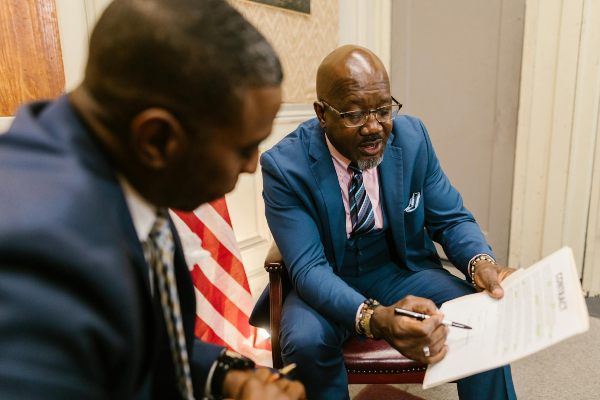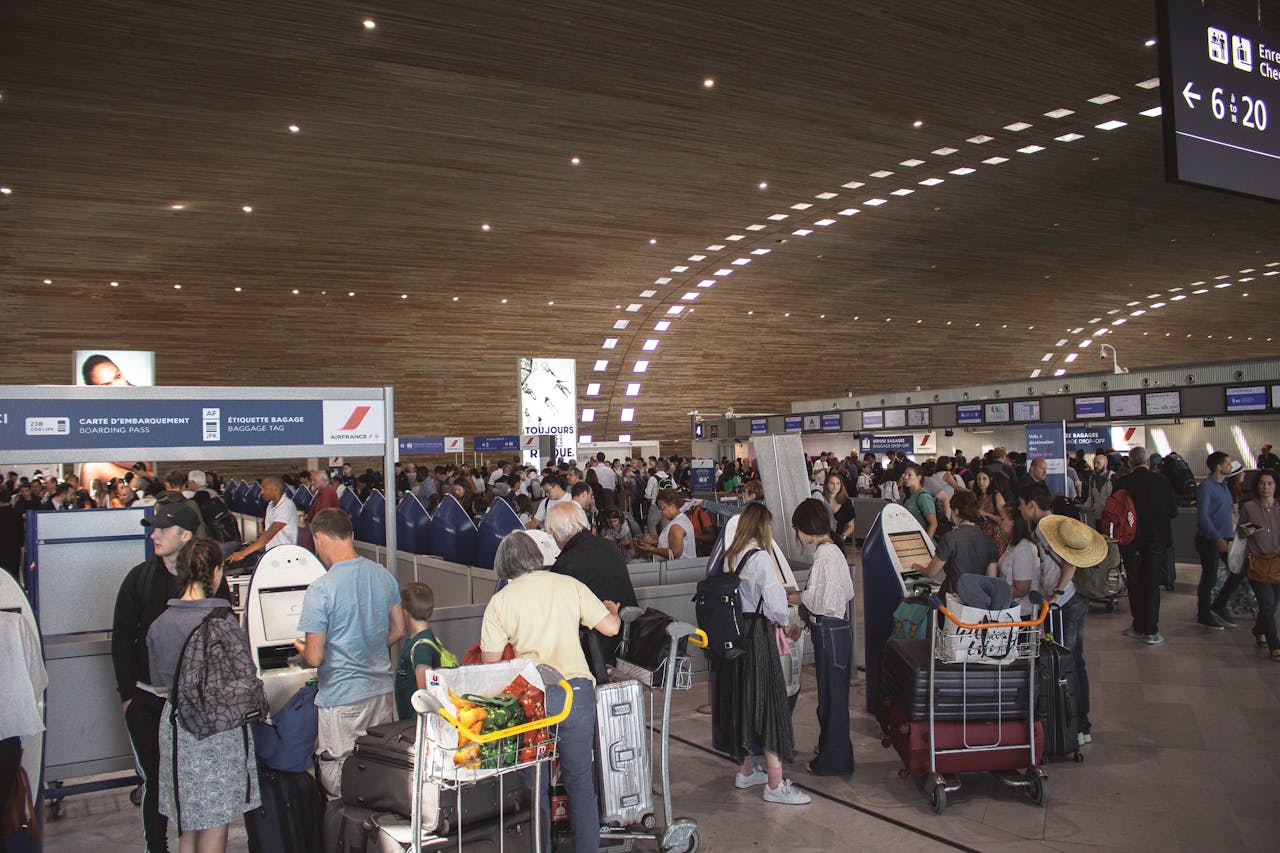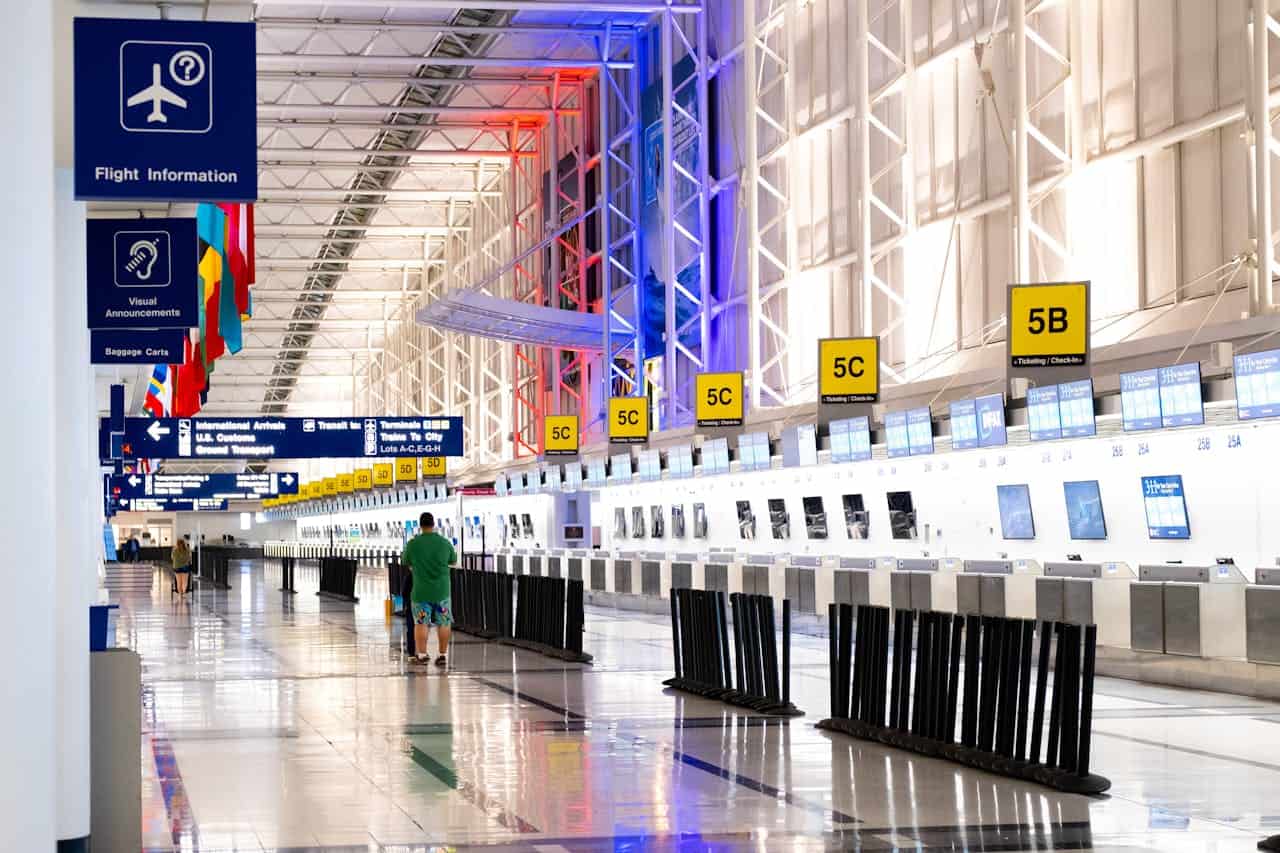Top Immigration Lawyer Boston
Find reliable solutions and expert legal representation with our dedicated Boston immigration lawyer, specializing in handling complex immigration cases with precision and care.
We’re Advocates For Justice And Right
As dedicated advocates for justice and rights, our car accident lawyer in Boston is committed to securing fair outcomes for all our clients.

Our Mission

Our Vision
Our immigration lawyer Working Process

Consultation and Case Evaluation

Preparing and Filing Documentation

Representation and Follow-Up
Our Projects
Boston Immigration Lawyers Have Been Featured in Various Media Outlets


Discussion Highlights on the Best Immigration Lawyer in Boston
Satisfaction Rate
Support Rate
Discover Frequently Asked Questions from Our Support
Explore the most common inquiries on our support platform, specifically tailored for those seeking a Boston immigration lawyer. Find detailed responses and expert advice to navigate your immigration needs. Our support section provides insights into choosing the right Boston immigration lawyer. Discover essential tips and guidance directly from legal professionals.
A Green Card, officially known as a Permanent Resident Card, serves as proof of lawful permanent residency in the United States. It grants non-U.S. citizens the right to live and work permanently in the country, providing them with access to various benefits and privileges enjoyed by U.S. citizens, such as the ability to legally work, travel freely in and out of the country, and sponsor family members for immigration.
Yes, refugees can apply for U.S. citizenship. After being admitted to the United States as a refugee and obtaining lawful permanent resident status (Green Card) for at least one year, refugees become eligible to apply for naturalization, which is the process of becoming a U.S. citizen. Additionally, they must meet other eligibility requirements, such as continuous residence and physical presence in the United States, good moral character, and passing an English and civics exam.
The main categories of visas available for entering the United States include:
- Visitor Visas (B-1/B-2)
- Student Visas (F-1, M-1)
- Work Visas (H-1B, L-1, O-1)
- Immigrant Visas (family-sponsored or employment-based)
Both asylum and refugee status are forms of protection for individuals who have suffered persecution or fear persecution in their home country. The key difference lies in where the individual applies for protection:
- Refugee status is applied for outside of the United States, typically through the United Nations High Commissioner for Refugees (UNHCR) or a U.S. embassy or consulate.
- Asylum is sought from within the United States or at the U.S. border, and individuals must meet the definition of a refugee and apply for asylum within one year of arriving in the United States.
The process of obtaining a Green Card through marriage can vary widely depending on factors such as the couple's place of residence, the citizenship status of the spouse petitioning for the Green Card, and the current workload of the U.S. Citizenship and Immigration Services (USCIS). On average, the process can take anywhere from 10 to 38 months, from the initial filing of the petition to the final approval of the Green Card.
Immigration law serves several purposes, including regulating the entry, stay, and rights of foreign nationals in a country, managing migration flows, protecting national security, safeguarding public health, and promoting economic interests. It provides the legal framework for managing immigration processes, including visa issuance, asylum and refugee protection, deportation and removal proceedings, and naturalization.
Under immigration law, visas can be broadly categorized into two main types: immigrant visas and non-immigrant visas. Immigrant visas are for individuals seeking permanent residency in the United States, while non-immigrant visas are for temporary stays. Some common types of visas include work visas (such as H-1B and L-1 visas), student visas (F-1 and M-1 visas), tourist visas (B-1/B-2 visas), and family-sponsored visas.
Family-sponsored visas allow U.S. citizens and lawful permanent residents (Green Card holders) to sponsor certain family members for immigration to the United States. The process typically involves the sponsoring relative filing a petition (Form I-130) with USCIS on behalf of the family member. Once the petition is approved, the family member may apply for an immigrant visa through consular processing if outside the United States or for adjustment of status if already present in the United States.
Eligibility for U.S. citizenship through naturalization includes meeting certain requirements set forth by immigration law and USCIS. These requirements may include:
- Being a lawful permanent resident (Green Card holder) for a specified period, typically five years (or three years if married to a U.S. citizen).
- Meeting residency and physical presence requirements.
- Demonstrating good moral character.
- Passing an English language proficiency test and a civics exam.
- Taking the Oath of Allegiance to the United States.
Visa denials can occur for various reasons, including:
- Insufficient documentation or failure to meet eligibility requirements.
- Past immigration violations or criminal convictions.
- Concerns about fraud, misrepresentation, or providing false information.
- Failure to demonstrate strong ties to one's home country or intent to return after the temporary stay.
- Ineligibility under specific visa categories or quotas.
- Administrative processing delays or security-related issues.












